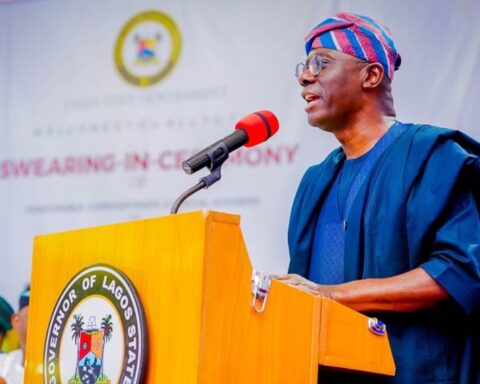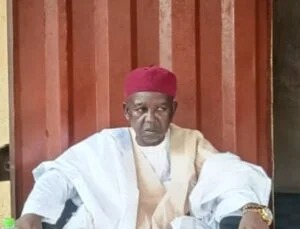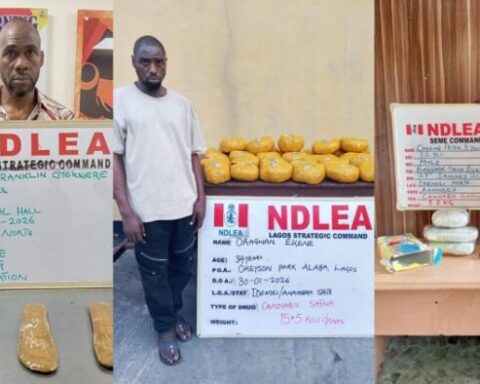Yesterday, the Lagos Division of the Appeal Court overturned a Federal High Court’s decision that had nullified an interim forfeiture order on 14 properties allegedly connected to Yahaya Bello, the former governor of Kogi State.
The Economic and Financial Crimes Commission (EFCC) had initially obtained the interim forfeiture order. In a unanimous virtual judgment, Justice Yargata Nimpar, along with Justices Danlami Senchi and Paul Bassi, ruled that the lower court was wrong to rely on Section 308 of the 1999 Constitution to dismiss the case. Instead, they should have determined whether the properties should be permanently forfeited.
Justice Nimpar reinstated the preservation order and instructed the EFCC to continue with the final forfeiture hearing. Rotimi Oyedepo (SAN) led the EFCC’s legal team, supported by Bilkisu Buhari-Bala and Hanatu Kofanaisa.
The dispute began at the Federal High Court in Lagos, where Justice Nicholas Oweibo had granted the EFCC an interim forfeiture order following an ex parte application. This order allowed the EFCC to temporarily seize 14 properties in Lagos, Abuja, and Dubai, UAE, suspected to be proceeds of unlawful activity.
The court had also directed the EFCC to publish the order in two national newspapers, inviting interested parties to justify why the properties should not be permanently forfeited to the Federal Government. Subsequently, Governor Bello filed a notice to oppose the forfeiture and requested the interim order be vacated.
Bello argued that the properties were acquired before he became governor and, therefore, could not have been purchased with Kogi State funds. He cited Section 308 of the Constitution, which provides immunity to sitting governors from legal proceedings, asserting that the EFCC had no authority to take action against him while he was in office. His legal team further contended that the Proceeds of Crime Act, 2022, could not be retroactively applied, as the properties were allegedly acquired before the law’s enactment.
They also argued that the EFCC’s actions violated a Kogi State High Court order restraining the agency from investigating state accounts, claiming that the Federal High Court in Lagos lacked jurisdiction since the properties were located in Abuja, Kogi, and Dubai, and he resided in Lokoja. In response, EFCC counsel Rotimi Oyedepo (SAN) urged the court to uphold the interim forfeiture order, arguing that no Nigerian court had prevented the commission from performing its constitutional duties. He maintained that the properties, including a luxury apartment in the Burj Khalifa in Dubai, were reasonably suspected of being acquired with proceeds of unlawful activity, and sought the forfeiture of an additional N400 million linked to the same investigation.
However, Justice Oweibo ruled in Bello’s favour, stating that Section 308 of the Constitution protected a sitting governor from civil or criminal proceedings. The judge concluded that the court lacked jurisdiction and dismissed the case. Dissatisfied, the EFCC appealed, requesting the Court of Appeal to restore the interim forfeiture order. In its judgment yesterday, the appellate court agreed with the EFCC. Justice Nimpar stated that immunity does not extend to properties suspected to be proceeds of unlawful activity, and such assets can be investigated and preserved pending the outcome of a forfeiture application.
“The trial court erred in striking out the case rather than proceeding to determine whether the properties should be finally forfeited,” the court ruled. The Court of Appeal dismissed Bello’s preliminary objection as lacking merit, reinstated the interim forfeiture order, and directed the EFCC to proceed with the final forfeiture hearing.



























